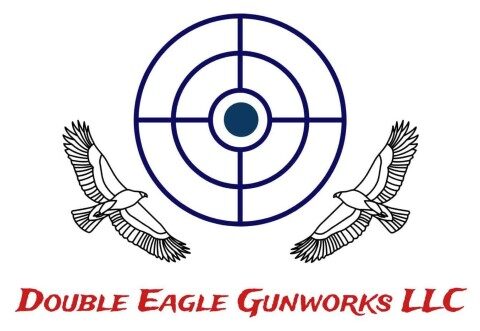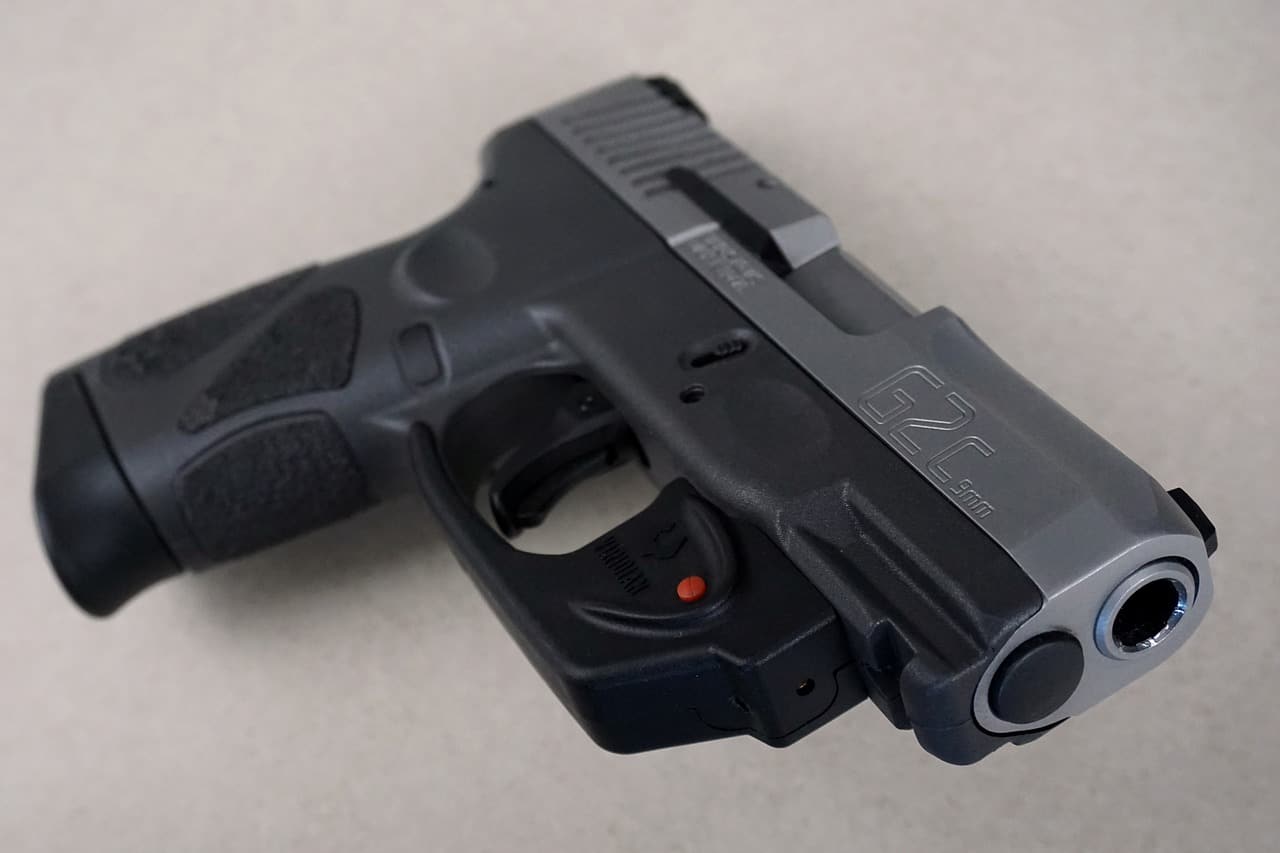Twenty first century America is geared toward online purchases. You can look whenever you want to, find great deals, and avoid the crowds. Coupled with the current shortage in guns and ammunition, it makes sense to look online for your next firearms purchase. Here’s a quick guide:
- Find someone with a Federal Firearms License (FFL)
- Verify that the gun you wish to purchase is legal in your area
- Make Your Purchase
- Have your FFL dealer contact the seller to arrange transport
- Pick up your gun from the FFL dealer
The ATF Sets the Rules
We’ll approach this from a national level because each state is different. Here is a link to the Federal Bureau of Alcohol, Tobacco, Firearms, and Explosives (ATF). The ATF sets its rules based on the laws passed by the United States Congress.
To find the rules in your state, search for gun laws. In South Carolina go sled.sc.gov to see gun laws, learn the rules for concealed carry, and find the answers to commonly asked questions.
Find An FFL Dealer
Some online sellers will be FFL dealers with outlets in your area. You can purchase the gun from them and arrange to pick it up in your local store.
If the retailer does not have an outlet in your state, you can look at the ATF Listings, organized by states/territories.
Contact your FFL dealer before you make the purchase because not all FFL dealers are interested in doing online transactions. Your dealer can also help you decide whether the gun you are thinking of buying is legal in your state.
You can also become an FFL dealer yourself if you have the time and interest. You can do your own gun transfers and earn money providing services for others.
An online chain may have a network of preferred FFL dealers who handle their purchases on a regular basis. Check the store’s shipping policies to find out whether they work with someone in your area.
Verify Your Ability to Get the Gun You Want
You could be prevented from getting the gun you want for several reasons:
- You are a prohibited person
- The gun is not legal in your state
- There is something wrong with the ownership of the gun
A Prohibited Person Cannot Purchase a Gun
The law defines a prohibited person, who may not ship, transport, receive, or possess firearms or ammunition:
- convicted in any court of a crime punishable by imprisonment for a term exceeding one year;
- who is a fugitive from justice;
- who is an unlawful user of or addicted to any controlled substance (as defined in section 102 of the Controlled Substances Act, codified at 21 U.S.C. § 802);
- who has been adjudicated as a mental defective or has been committed to any mental institution;
- who is an illegal alien;
- who has been discharged from the Armed Forces under dishonorable conditions;
- who has renounced his or her United States citizenship;
- who is subject to a court order restraining the person from harassing, stalking, or threatening an intimate partner or child of the intimate partner; or
- who has been convicted of a misdemeanor crime of domestic violence.
In order to verify that you are not a prohibited person, your FFL dealer will need proof of identification. You will be asked to fill out Form 4473 to verify that you are entitled to own a gun.
The FFL dealer may be able to take your Concealed Weapons Permit as sufficient identification, or you may have to undergo a background check. The FFL dealer will either make a phone call or go online to the NICS (National Instant Criminal Background Check) website.
If results are not returned quickly, the dealer may have to wait a few days for clearance. Having your Concealed Weapons Permit can greatly speed up the process.
Depending on your location, there may be a mandatory waiting period for buying the gun you want.
States and Local Governments May Prohibit the Gun You Want
It is a good idea to know the gun laws in your area before you go looking for a gun, to save yourself the disappointment of finding something and then learning you can’t have it.
More restrictive states may also place limits on how many rounds a magazine can hold and what accessories are acceptable. This, by the way, is where your vote makes a difference.
The rules are subject to change when the legislature is in session, especially when gun-related topics are in the news. Your FFL dealer will know the current rules in your area.
Avoid a Questionable Transaction
Just as you want a clear title on your house, you need to know that your gun was not stolen or used in the commission of a crime. You don’t want your expensive purchase to end up in an evidence locker down at the police station.
Gun dealers keep a record of acquisitions and dispositions. They have a book listing the make, model and serial number of each gun that flows through their hands.
Most guns made after 2002 will also have the manufacturer’s name, country of origin, model, caliber or gauge, and importer’s city or state engraved on them.
The serial number is linked to a specific manufacturer in a system that has been in use since the 19th century. The ATF keeps records of which guns are involved in crimes, but this information is only used in criminal investigations.
There are databases to which individuals contribute information voluntarily, but only law enforcements agencies can make inquiries of ATF.
Avoid the temptation to do an under-the-table gun purchase. An illegal transaction is a good way to end up with a stolen gun. Do your research before you buy from an online seller. If anything makes your eyebrows rise, pass on that purchase.
Make Your Online Purchase
Choose a reputable company to buy your guns and ammunition.
Check to see the shipping fee and taxes when you are figuring out the cost of the gun. You may want to pay extra to have the shipment insured.
There are websites that allow you to buy a gun from an individual online. Check out the rules carefully to see what you are getting into.
What About Buying Ammunition Online?
You need to check the laws of your area. It tends to break along political lines. LA and Chicago residents need an FFL dealer to buy ammo online, along with several other left-leaning localities.
Your online vendor will know the rules, or you can inquire with your local FFL dealer.
Have Your Dealer Contact the Seller
Once payment has been processed, the seller will ship the gun via common carrier to your FFL dealer. Your FFL dealer will send proof of licensure to the seller.
USPS, UPS, and FedEx ship guns with very specific rules. Guns must be separate from other items, with no external markings that label the package as containing a firearm, and an adult signature is required for delivery.
Special rules also apply to shipments of ammunition.
Pick Up Your Gun From the FFL Dealer
There is no option for having the gun mailed directly to you. The seller will send it to the dealer, who will pass it on to you. If you bought it from a chain, you can pick it up at the store.
If you had it shipped to your neighborhood dealer, you will need to arrange a time to get your gun. There will be a transfer fee and some paperwork to do before you take your gun home with you.
What Else Do I Need to Know About Buying a Gun Online?
Like all online purchases, caveat emptor applies — let the buyer beware. If you are familiar with the type of gun you are buying and you have experience with the seller, you are likely to make a good purchase.
Check the return policy carefully. Purchases are usually final. Check the reputation of the seller. If the price is much lower than everyone else online, ask yourself why. Is that seller more efficient and willing to take less profit? Or is someone cutting corners?
The ideal way to purchase a gun is to try it first. If you can rent or borrow the same model, shoot a few rounds to see if it fits your preferences.
Watch our Double Eagle Gunworks channel on YouTube to learn more about guns.


